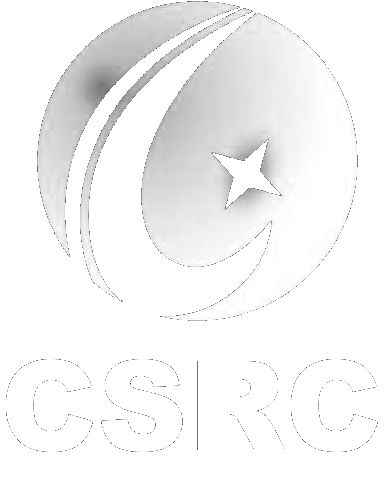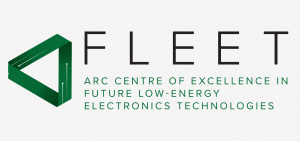We are extremely pleased to announce two new FLEET partners.
The Beijing Computational Science Research Center (CSRC) and Wroclaw University of Science and Technology have joined the 13 other leading Australian and international science organisations partnering with FLEET.
 Wroclaw University of Science and Technology (WUST) is Poland’s top-ranked new-technology university, excelling in computer science, electronics and materials science. Our new Partner Investigator Professor Grzegorz Sęk specialises in novel epitaxial nanostructures in nanophotonics, new semiconducting systems in optoelectronics and sensing, many-particle physics, dynamical properties and light-matter coupling in solids, exciton-polaritons and their condensation, and two-dimensional materials. Grzegorz is an Associate Professor in the Laboratory of Optical Spectroscopy of Nanostructures, WUST Department of Experimental Physics.
Wroclaw University of Science and Technology (WUST) is Poland’s top-ranked new-technology university, excelling in computer science, electronics and materials science. Our new Partner Investigator Professor Grzegorz Sęk specialises in novel epitaxial nanostructures in nanophotonics, new semiconducting systems in optoelectronics and sensing, many-particle physics, dynamical properties and light-matter coupling in solids, exciton-polaritons and their condensation, and two-dimensional materials. Grzegorz is an Associate Professor in the Laboratory of Optical Spectroscopy of Nanostructures, WUST Department of Experimental Physics.
Dr Maciej Pieczarka, a recent PhD graduate from WUST, will also join FLEET as a new Research Fellow working with Profesor Sęk and with FLEET’s Professor Elena Ostrovskaya, based at the Australian National University.


Professor Hai-Qing Lin, Director CSRC
The Beijing Computational Science Research Center (CSRC) is a multidisciplinary, fundamental-research organisation under the auspices of the China Academy of Engineering Physics and undertaking computational science and condensed mater research. FLEET’s new Partner Investigator at the CSRC Professor Hai-Qing Lin is Director of the Centre and will coordinate collaborations between FLEET on magnetism and superconductivity, transport and exotic states in topological materials, electron spins in semiconductor nanostructures, as well as developing advanced theoretical and computational techniques for studying topological phenomena.
FLEET welcomes the opportunity to collaborate more closely with both excellent scientific institutions.
FLEET (The Australian Research Council Centre of Excellence in Future Low-Energy Electronics Technologies), which was officially opened 12 June 2018, is a collaboration of more than 100 researchers at seven Australian universities and 15 Australian and international science organisations.

The Centre’s mission is to develop a new generation of ultra-low energy electronics, using cutting-edge new fields of physics. The impetus behind such work is the increasing challenge of energy used in computation, which uses 5–8% of global electricity and is doubling every decade.
FLEET’s other national and international partners are the Australian Nuclear Science and Technology Organisation (ANSTO); the Australian Synchrotron; California Institute of Technology (Caltech); Columbia University, New York; Johannes Gutenberg University, Mainz; University of Maryland Joint Quantum Institute & National Institute of Standards and Technology; Max Plank Institute of Quantum Optics; the National University of Singapore; the University of Colorado, Boulder; University of Maryland Center for Nanophysics and Advanced Materials; the University of Texas, Austin; Tsinghua University, Beijing; and the University of Wurzburg.


